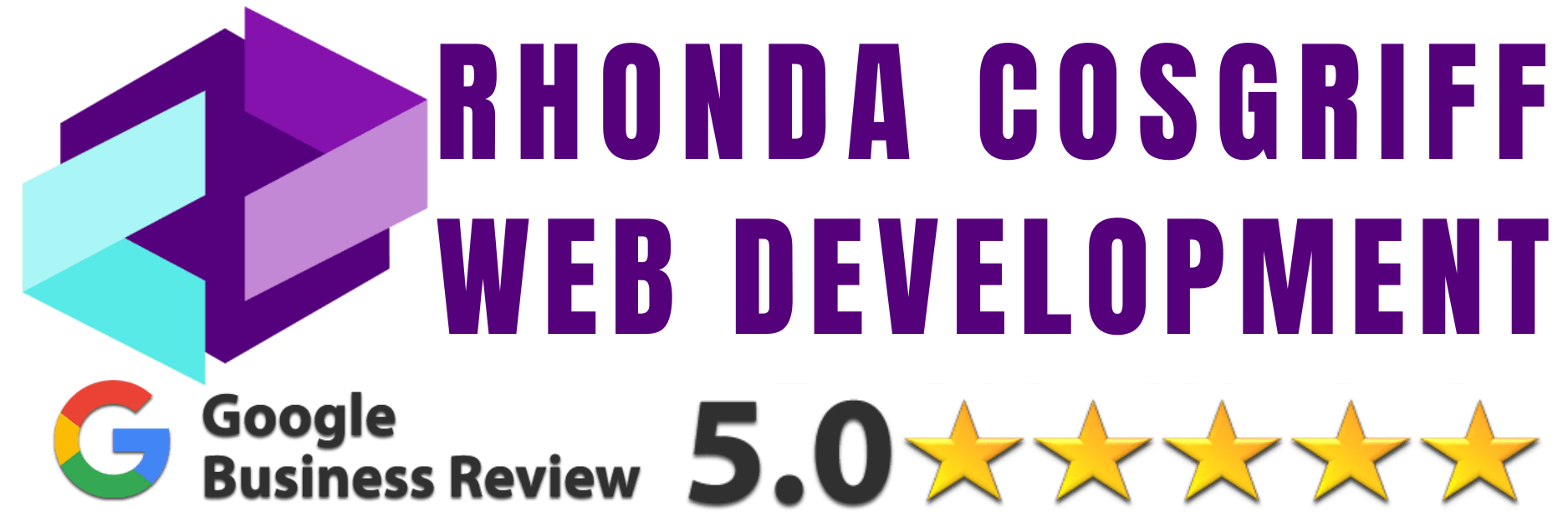B2C CMS Selection Guide
Choosing the right Content Management System (CMS) is crucial for the success of your Business-to-Consumer (B2C) website. A CMS enables you to manage and update your website’s content efficiently, making it essential to select the best fit for your specific requirements. In this guide, we will outline the key factors to consider when selecting a B2C CMS.
**1. Ease of Use and User Interface
An intuitive and user-friendly interface is essential for a B2C CMS. Look for a CMS that allows non-technical users to easily manage content, add products, and update information without extensive training. A simple and well-organized user interface streamlines content management tasks and reduces the learning curve for your team.
**2. E-commerce Capabilities
For B2C websites, e-commerce capabilities are critical. Ensure that the CMS has robust e-commerce features, such as product catalog management, shopping cart functionality, secure payment gateways, and order processing. The CMS should support smooth integration with popular e-commerce platforms and payment systems.
**3. Mobile Responsiveness
With the increasing use of mobile devices, your B2C website must be mobile-responsive. The CMS should offer mobile-friendly themes and templates, ensuring that your website looks and functions flawlessly on various screen sizes and devices.
**4. SEO Features
Search Engine Optimization (SEO) is crucial for driving organic traffic to your B2C website. Choose a CMS that offers built-in SEO features or easy integration with popular SEO plugins. Look for features like customizable meta tags, SEO-friendly URLs, and sitemap generation.
**5. Scalability and Performance
Consider the scalability and performance capabilities of the CMS. As your B2C business grows, your website’s traffic and content will increase. Ensure that the CMS can handle higher volumes of traffic without sacrificing performance. It should be capable of handling your projected growth without causing website slowdowns.
**6. **Security Features
Security is a top priority for any B2C website, especially those dealing with e-commerce. Look for a CMS that prioritizes security and offers features like SSL encryption, regular security updates, and user role management to control access to sensitive information.
**7. **Third-Party Integrations
Check the CMS’s compatibility with third-party integrations. B2C websites often rely on various tools and services, such as email marketing, analytics, and customer support systems. The CMS should seamlessly integrate with these tools to streamline your business operations.
**8. **Content Management and Customization
Evaluate the CMS’s content management capabilities and customization options. It should allow you to easily create, edit, and organize content on your website. Additionally, the CMS should support flexible customization to match your brand’s unique look and feel.
**9. **Support and Documentation
Select a CMS that provides comprehensive documentation and support resources. Look for an active community, forums, and regular updates from the CMS provider. A reliable support system ensures that you can get assistance when needed and resolve any technical issues promptly.
**10. **Cost and Total Ownership
Consider the overall cost and ownership of the CMS. Take into account not just the initial purchase or subscription fees but also any additional costs for plugins, hosting, and ongoing maintenance. Choose a CMS that aligns with your budget and provides good value for the features it offers.
Conclusion
Choosing the right B2C CMS is a critical decision that impacts the performance and success of your website. By considering factors such as ease of use, e-commerce capabilities, mobile responsiveness, security, and support, you can select a CMS that empowers you to create a dynamic and engaging online platform for your B2C audience.
Home Page
KPIs for B2C Website









